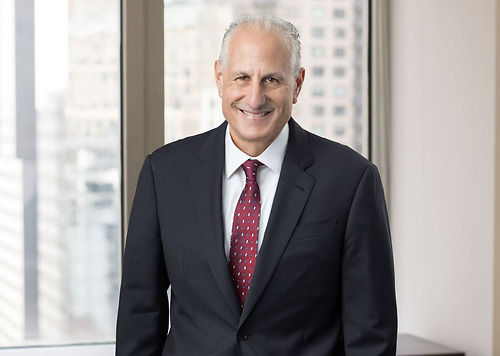A distributor of pure pomegranate juice sued a competitor company and its president under the Lanham Act and California's false advertising and unfair trade practices statutes alleging that ads which claimed their juice was "100%" pure pomegranate juice with "no sugar added" were false, and the defendants knew or should have known that they were not true.
After a bench trial, the district court agreed and awarded the plaintiff damages, disgorgement of wrongful profits and costs, all in excess of $2.1 million. Defendants in appealed.
On appeal, the 9th Circuit in Pom Wonderful LLC v. Purely Juice, Inc., affirmed the judgment, ruling that (a) intent to falsely advertise is not an element under the Lanham Act; (b)the state law imposes a duty to investigate and verify facts that would put a reasonable person on notice of possible misrepresentations and (c) the founder and president of the company was personally liable, even though he was acting on behalf of the company and not in his own behalf, because he had the "final word" on the company's business decisions and "knew or should have known" of the false advertising due to his control of the company.
The lesson for marketers and especially those in control of the company is clear. Personal liability for wrongdoing by the company is not limited to cases brought by the Federal Trade Commission or other regulatory agencies. They can be held personally liable to competitors or other aggrieved parties if they knew or should have known of false advertising and did not act to prevent it.
- Partner
Marketers, advertisers, agencies and suppliers, among others, regularly seek Andy’s counsel regarding legal aspects of their advertising and promotional marketing businesses. He’s pragmatic and always looks for ...

